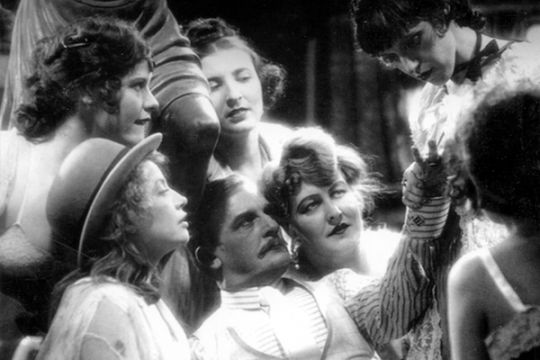L'Opéra De Quat'Sous

Synopsis
In the early years of the sound era, film producers often made films in different language versions, using the same sets but different casts for each version. Due to the expense and lengthy shooting schedules, the practice died out in the mid-1930s, but the few films that survive in both versions offer fascinating material for comparison.Set in a shadowy, stylised and dreamlike Victorian London, the story of Mackie "The Knife" Messer and Polly Peachum is timeless, and the combination of playwright Bertolt Brecht's biting social satire and composer Kurt Weill's compelling music is as fresh as ever. The productions were not without controversy. Brecht and Weill jointly sued the production company Nero-Film, stating that their 1928 Berlin stage hit had been damagingly distorted. Brecht lost his case as it transpired that he had devised many of the changes himself and had in fact not completed the screenplay. Weill won, and was awarded damages. In contrast to Brecht and Weill's musical play – an entertainment "for beggars, by beggars", with minimal staging and props – Pabst and his designer created the biggest and most elaborate studio set that had ever been built in Germany. Several of the play's bitterest songs are missing, yet in some ways the film takes a stronger political stance. However the French version runs some ten minutes shorter than its German counterpart and has a lighter tone. Albert Prejean, an ex-acrobat and light comedian, stars as Mackie Messer, but he lacks the menace of Rudolf Forster, the star of the German version. The female leads also contrasted sharply from country to country (Carola Neher in Germany and Florelle in France), revealing a marked difference in style and interpretation. The German version also features Lotte Lenya who went on to star as villain Rosa Klebb in From Russia with Love (1963).